By Christopher Miskimon
Climbing a ridge, Phil Vernon spotted wisps of smoke coming from somewhere below. The paratrooper from Company A of the 506th Parachute Infantry Regiment was in Vietnam in December 1967 and the unit was participating in “Operation Klamath Falls.” They had spent most of the day on a Medical Civic Action Program (MEDCAP), visiting villages along Highway 1. Many children in the area suffered from an eye disease called trachoma. If left untreated, it could lead to blindness. Medics went through all the medicine they had on hand to help the villagers, though many seemed unimpressed by the charitable effort.
Vernon summoned another soldier, Sergeant Andy Rivera, known as a dependable fire team leader in his company. They contacted their platoon leader, Lt. Jim Schlax, who ordered them to take a closer look at the source of the smoke. Rivera led the way down the ridge, silently moving through a rock formation. Along the way, he noticed the distinctive odor of fish oil, commonly used in Vietnamese cooking. Rivera led his squad along a small gully and onto a ledge from which they could get a better look at the terrain below. Scanning the low ground, they spotted a campfire. Rivera moved along the ledge for a better look and soon spotted three more campfires. Around them, about a dozen Viet Cong were lazily perched, eating lunch.
As the Americans watched one of the Viet Cong stood up and walked a few paces before tripping and falling. His comrades laughed at his clumsiness, but stopped when the man raised his hand and pointed up toward Rivera on the ledge. The young American sergeant wasted no time. He fired a quick burst at the man who had spotted him and lobbed several grenades at the clustered Viet Cong. The Vietnamese fighters scattered, abandoning much of their equipment and leaving behind two dead men. Within moments, however, the Viet Cong returned for their fallen men and more shooting broke out, forcing Rivera to take cover.
He saw another enemy fighter emerge from a cave and fired at him. The Viet Cong fell dead. The firefight died out and the surviving enemy troops withdrew. Rivera went into the cave and found some journals and a stock of medical supplies. Outside, his squad collected two rifles and seven carbines from the campsite area. Nearby, an American soldier named John Harrison found another, much larger cave. This one had sleeping accommodations for 40 people and was well furnished. He also recovered 400 pounds of rice, originally sent as aid by the U.S. Government.
The unit spent the next two days searching for their elusive enemy, to no avail. The terrain was swampy and difficult to traverse. For many, this was typical of the war in Vietnam; long stretches of time without enemy contact punctuated by brief periods of intense combat. The experiences of one infantry unit are chronicled in Sign Here for Sacrifice: The Untold Story of the Third Battalion, 506th Airborne Vietnam 1968 (Ian Gardner, Osprey Publishing, Oxford UK, 2023, 304 pp., maps, photographs, bibliography, index, $30, hardcover)
The 506th Parachute Infantry Regiment is famous as the unit of the famed “Band of Brothers” of World War II fame. This book focuses on a battalion of this regiment during the Vietnam War. The author has collected many accounts and interviews from veterans of the battalion and woven them into a coherent narrative of the time around the Tet Offensive. The book is well organized and does justice to its subject. Bravery and dedication are qualities which belong to soldiers of every generation, not just those of World War II or earlier. The soldiers whose stories are revealed in this book were the equal of their forefathers and it is fitting to see them get their due.
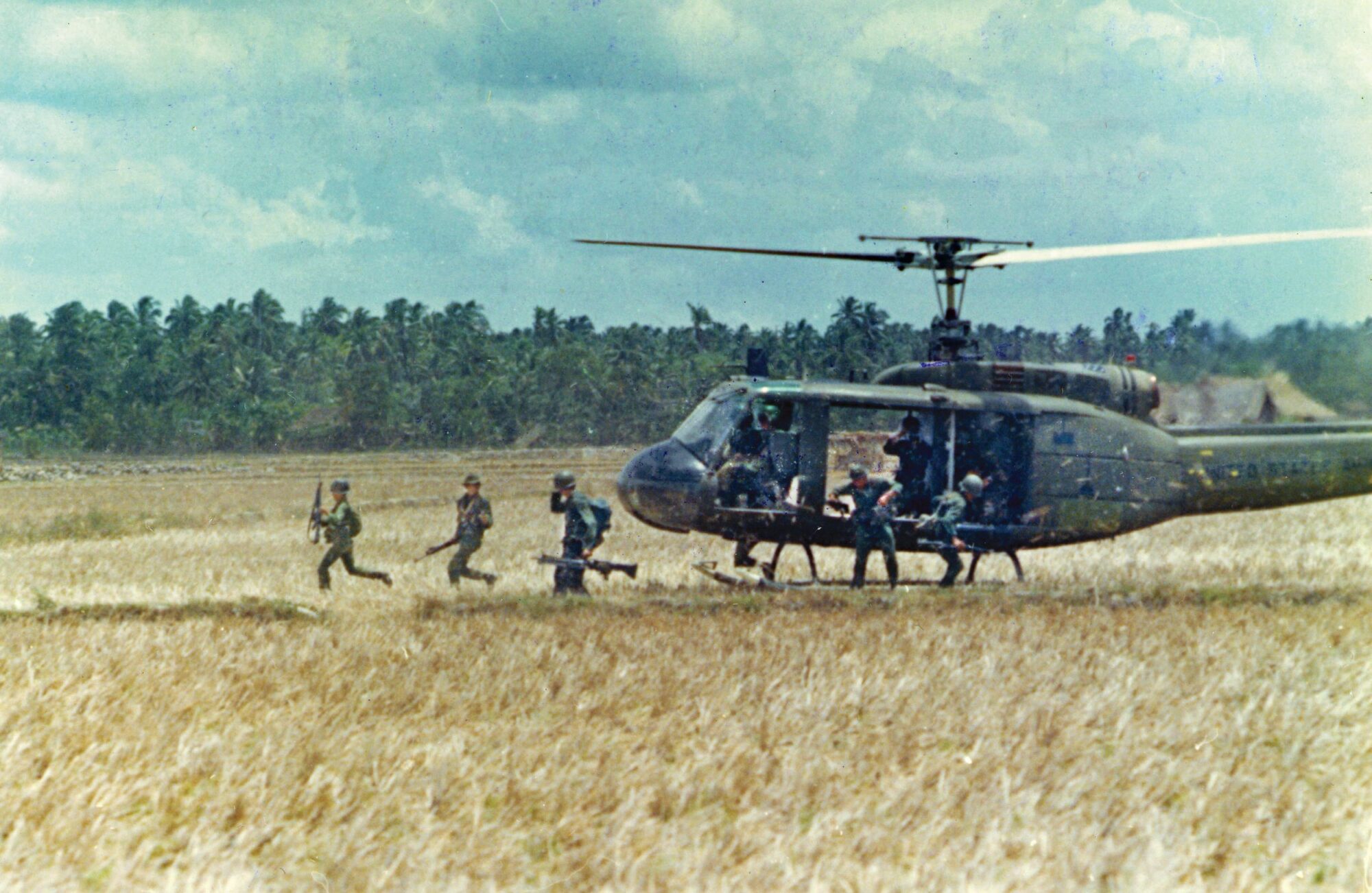
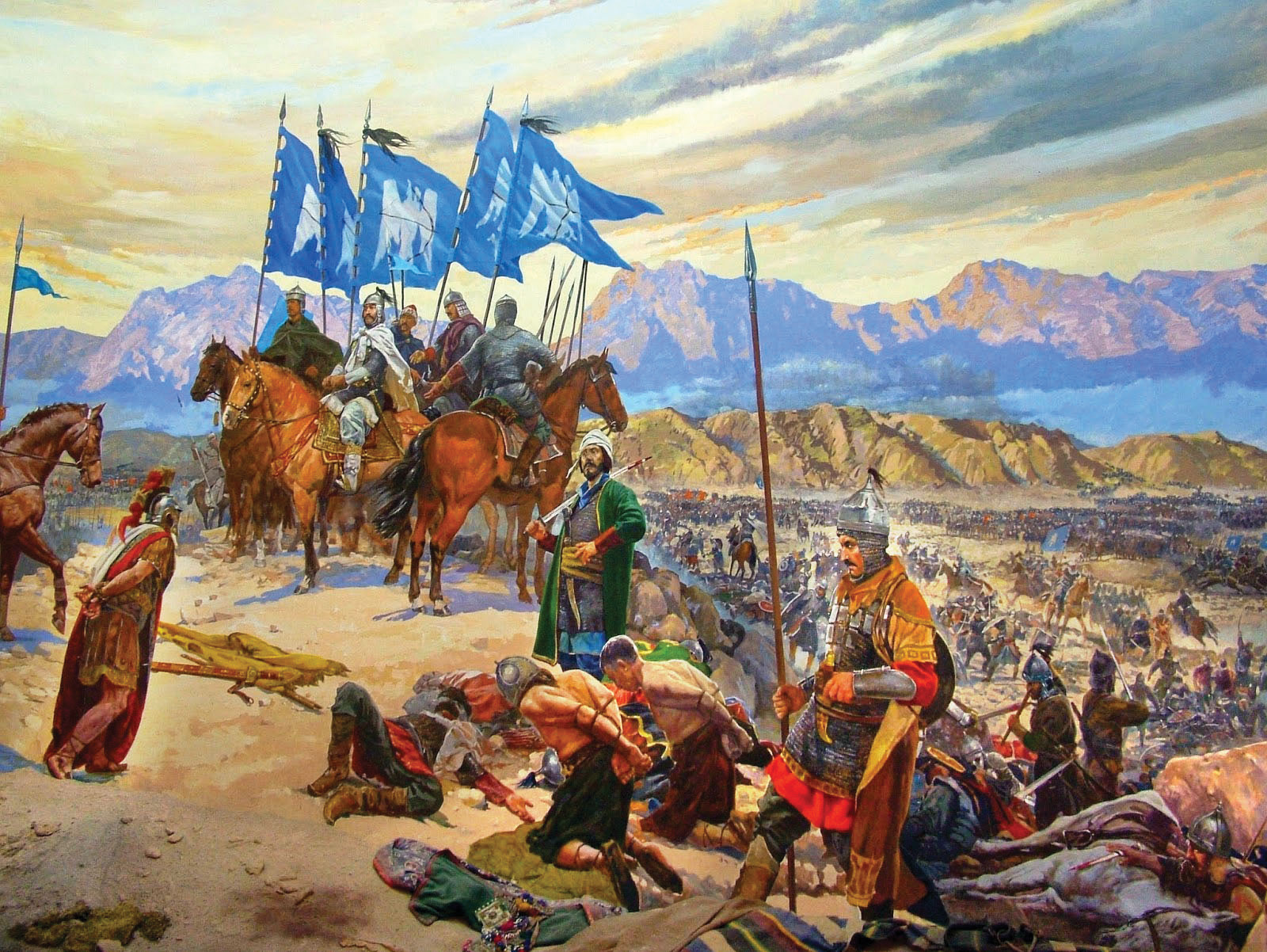
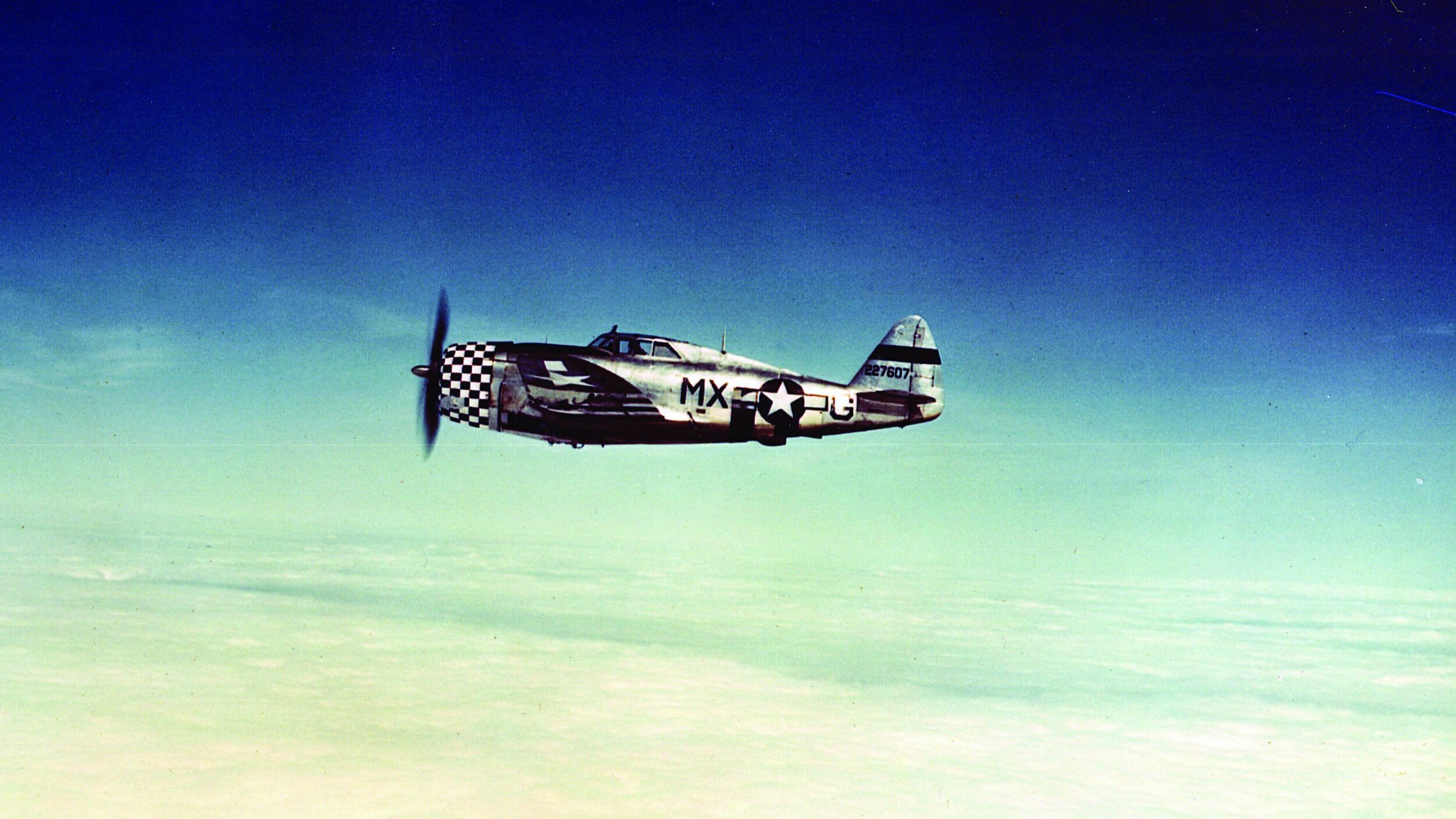
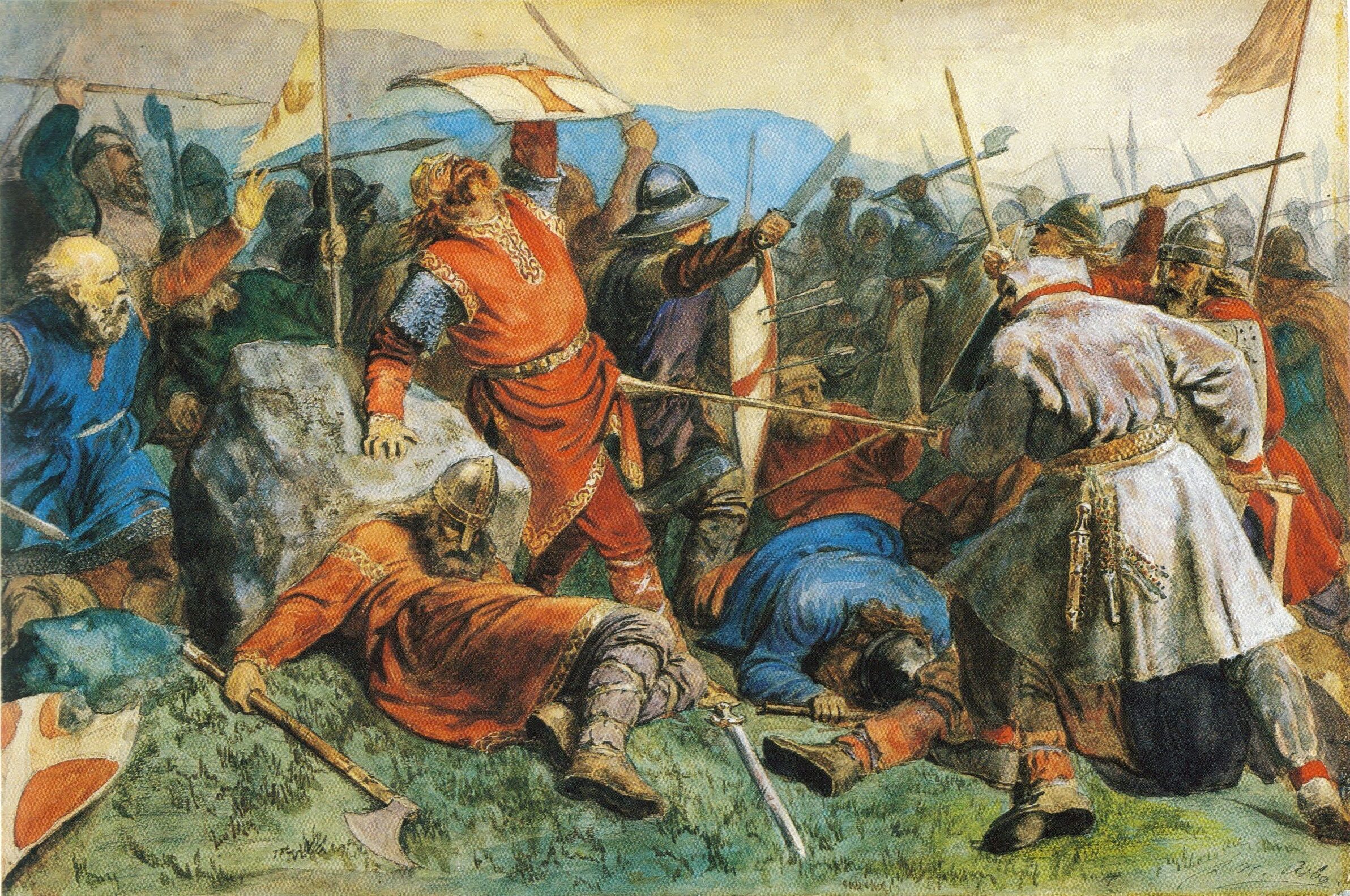
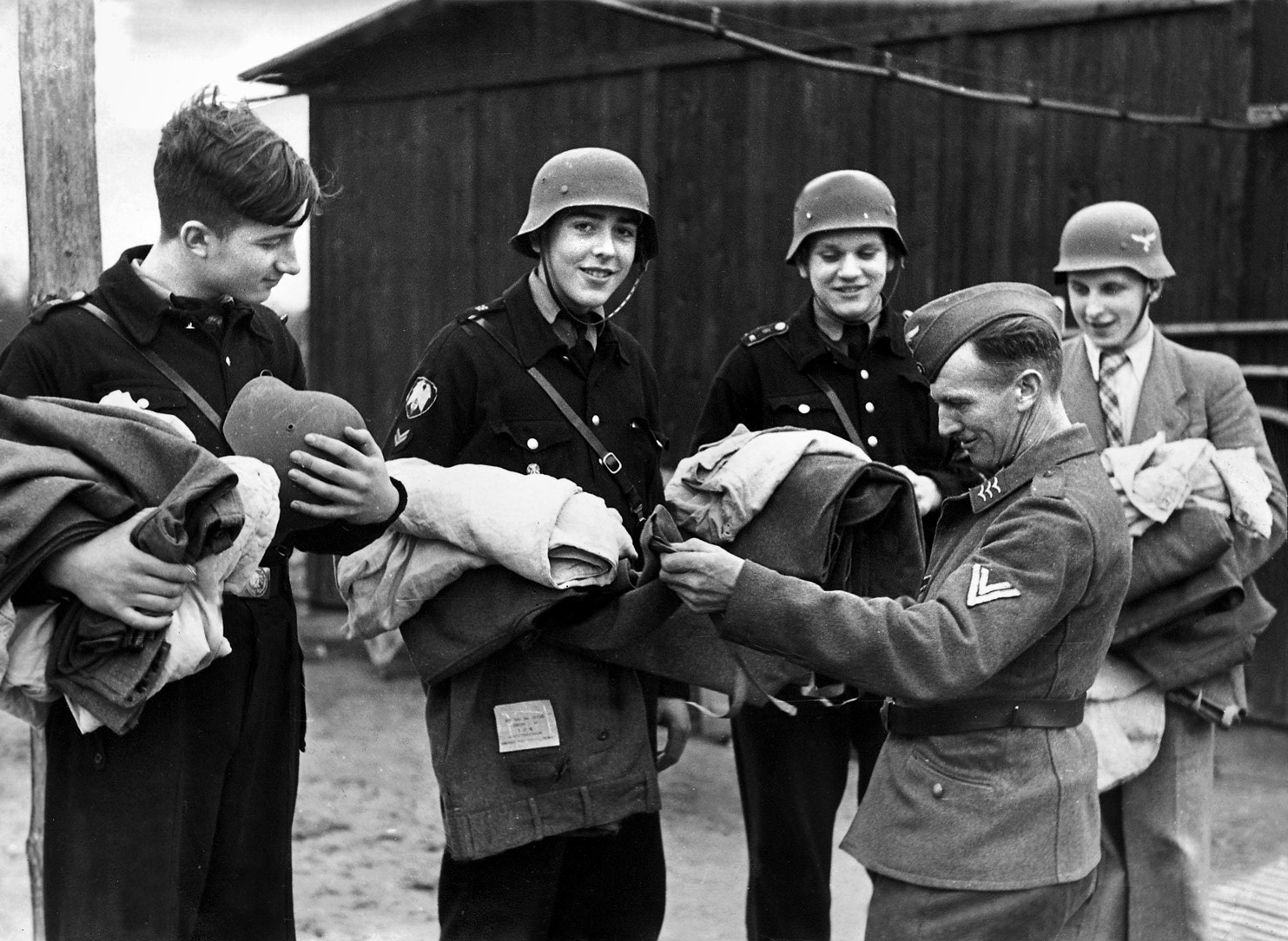
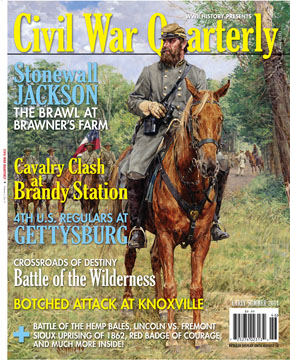
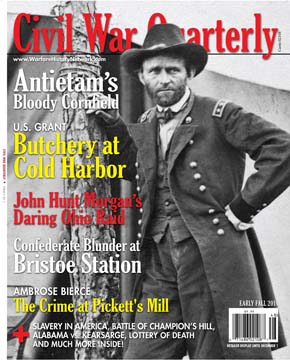
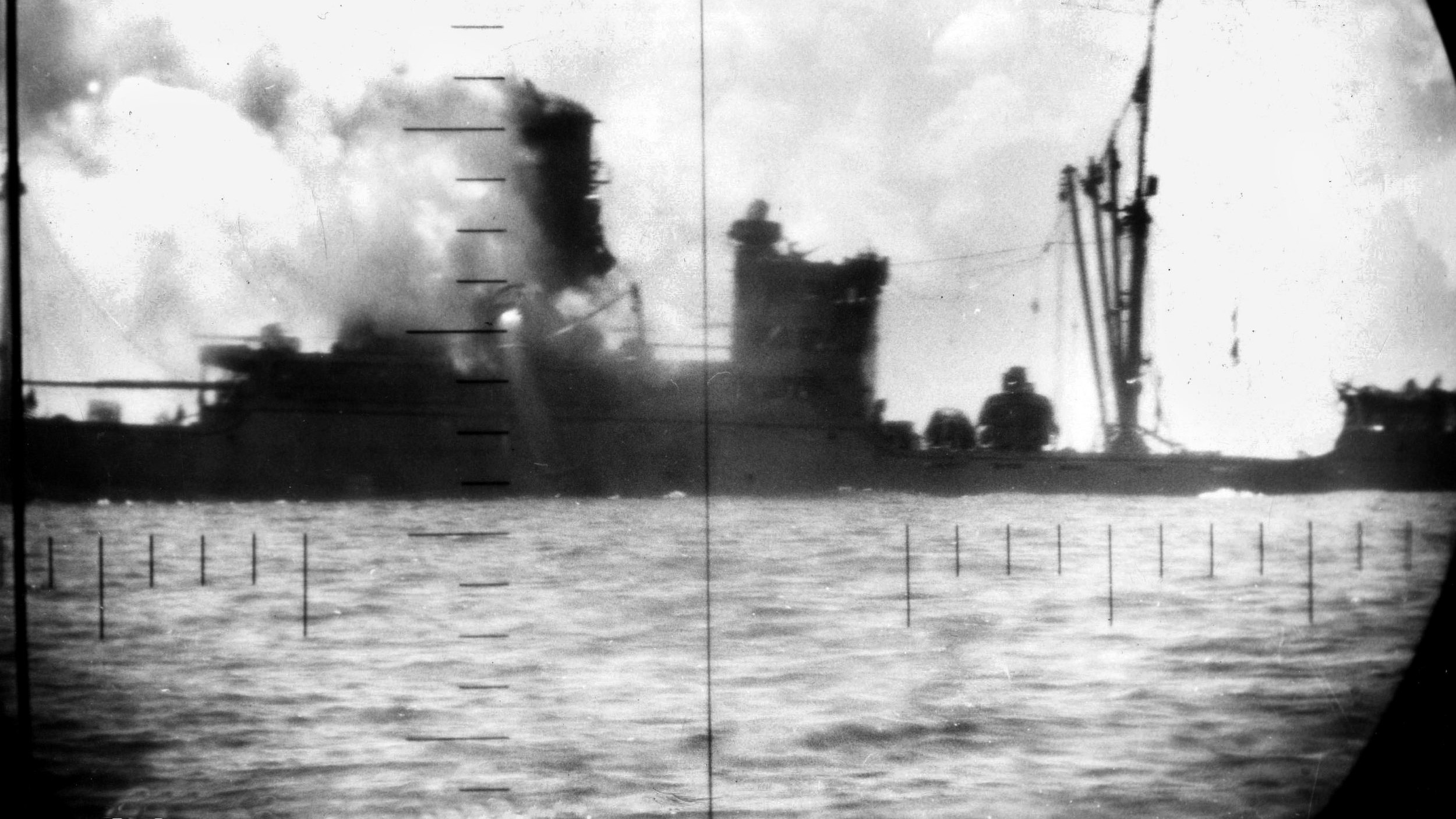
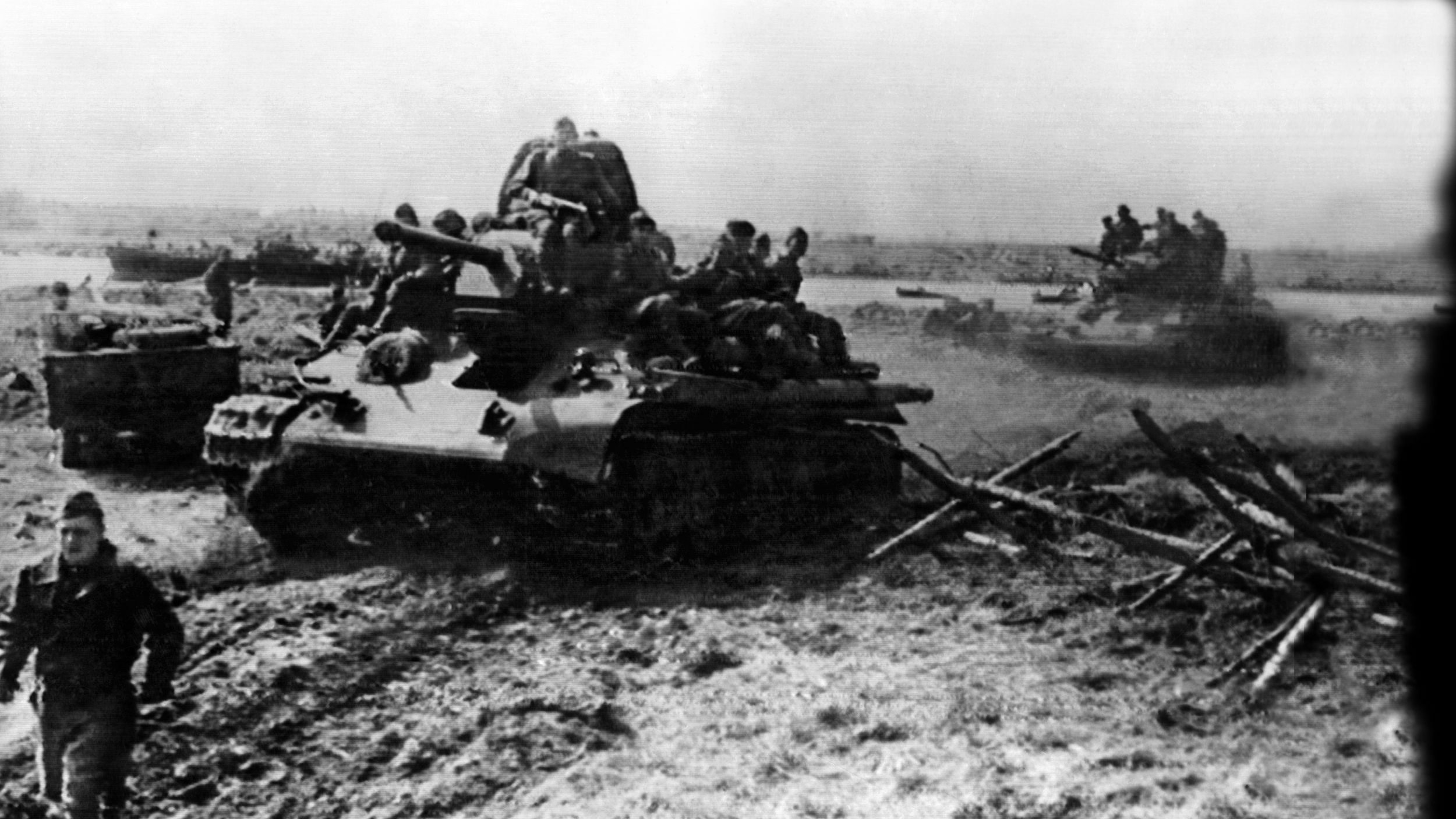
Join The Conversation
Comments
View All Comments